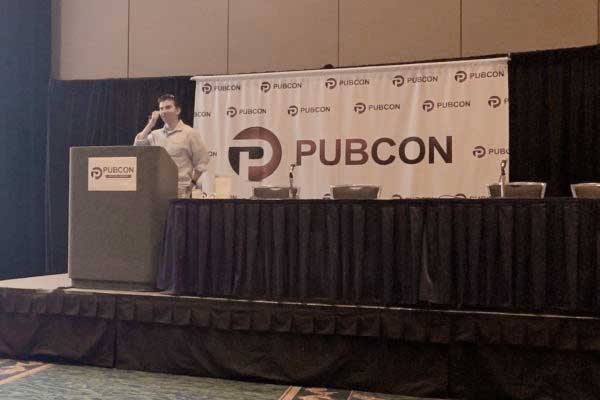
Disavow Tool Causes Unnecessary Work
John referred to the disavow tool as a tool that causes people to do unnecessary work. He shared that many within Google feel that it’s an unnecessary tool because, presumably, Google already catches spam links.
“There’s a lot to be said for removing a feature that worries many folks, and suggests they need to do unnecessary work (assuming we can be sure that we handle it well automatically)…
That’s certainly one way to look at it, and it’s a view that some folks here share as well. If we can remove unnecessary complexity from these tools, I’m all for that — there’s enough other work involved with running a good website.”
Disavow Tool is for Relieving Anxiety?That’s certainly one way to look at it, and it’s a view that some folks here share as well. If we can remove unnecessary complexity from these tools, I’m all for that — there’s enough other work involved with running a good website.”
John then acknowledged that the tool helped web publishers deal with the anxiety that Google was attributing spam links to their websites and allowing their rankings to suffer as a consequence.
Here is what Google’s John Mueller said:
“On the other hand, some sites see a lot of weird links, and I can understand that site owners don’t want to have to trust an algorithm to figure out that these links aren’t something they want to be associated with.
I kinda like the angle of “if you’re really worried, then just take care of it yourself” which is possible here.”
I kinda like the angle of “if you’re really worried, then just take care of it yourself” which is possible here.”

Gary Illyes Confirms Negative SEO Doesn’t Work
Gary Illyes stated at PubCon Florida 2019 that out of hundreds of negative SEO reports he has examined, none of them were real. The reason the sites experienced ranking drops were due to other reasons.
Gary affirmed that they’re making real-time Penguin even better but that publishers should not worry about spam links or perceived negative SEO attacks. Gary specifically mentioned adult links as nothing to be worried about.
Read more: Google’s Gary Illyes on Real-Time Penguin, Negative SEO & Disavows
Google is Confident About Spam Links
The interesting point in the above statements is that John Mueller’s statement expresses confidence that Google is ignoring spam link relationships. This point is clearer when he shared that Googlers have expressed the opinion that the tool should be removed because it causes “unnecessary work” for publishers.
The implication of the phrase “unnecessary work” is that Googlers have a high confidence that Google is already ignoring spam links, making the tool “unnecessary work” for publishers.
Is the Disavow Tool Necessary?
That level of confidence must come from somewhere. It may be reasonable to assume that the Googlers who oversee the workflow associated with the disavow tool see firsthand that the tool is not useful for discovering spam. This could happen if Googlers are consistently seeing that the links in the disavow reports are already being ignored.
John Mueller has said in the past that the disavow tool is not necessary for the vast majority of sites. The tool itself was originally meant for publishers to be able to disavow spam links that they are responsible for and to help alleviate fears that negative SEO was subverting their rankings (Read: How Negative SEO Shaped Disavow Tool).
Should Google Share Disavow Tool Statistics?
If Google is going to remove the disavow tool, it may be useful for Google to share with the Web Publishing community what percentage of links uploaded via the Disavow are already ignored by Google.
Knowing how well Google catches spam may help relieve publishers of the anxiety that spam links are hurting them. This in turn will convince them to avoid the “unnecessary work” of disavowing links. And that will help publishers focus on creating quality web experiences that satisfies site visitors. That’s a win-win for Google and publishers.
Source: https://www.searchenginejournal.com/
